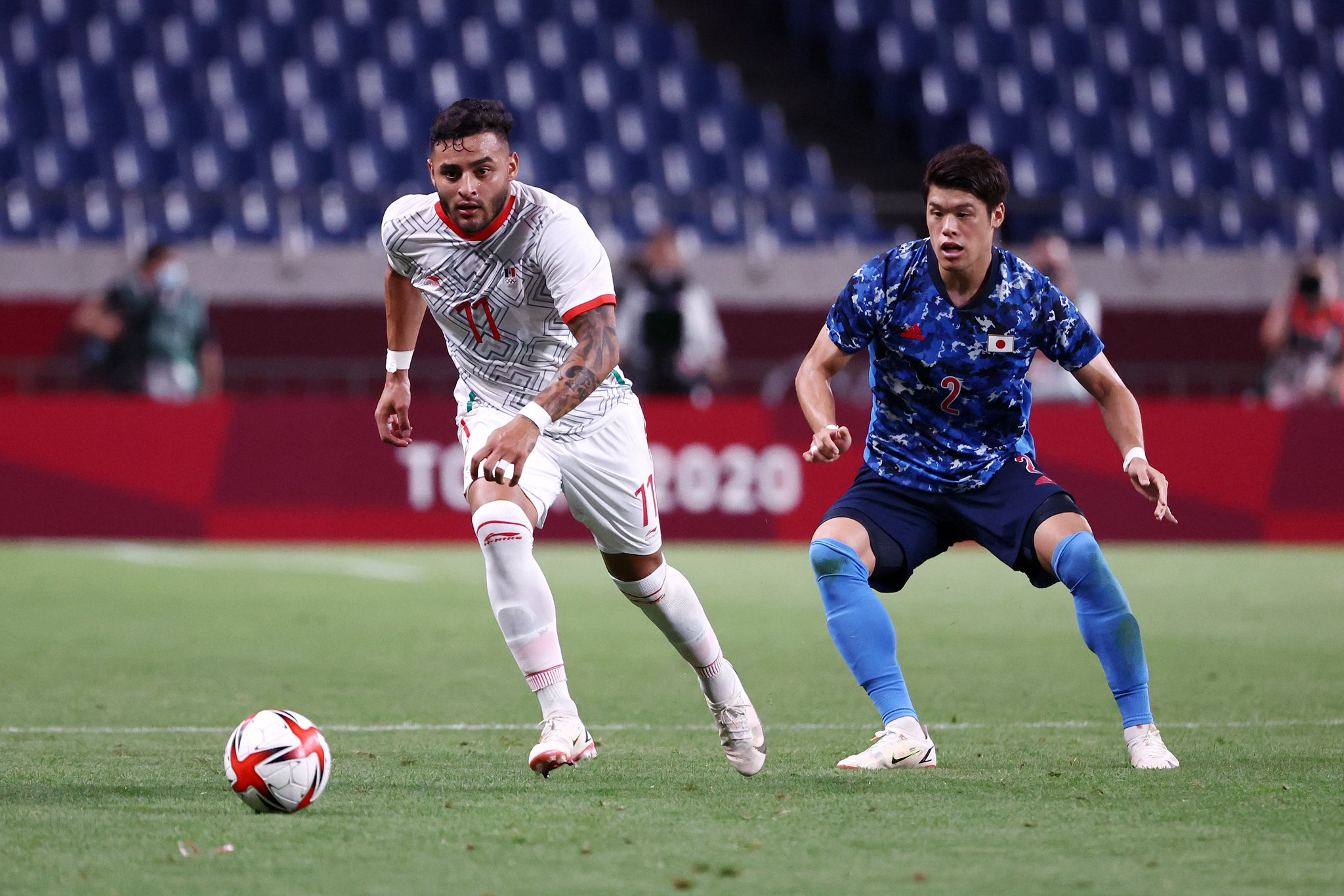
In the grand theater of international football, even a “friendly” can carry the weight of a World Cup dream. As Mexico prepared to face South Korea in Nashville, the air wasn`t just thick with anticipation; it was charged with the silent hum of ambition, tactical puzzles, and the desperate hope of players vying for a coveted spot on the 2026 FIFA World Cup roster. For El Tri, this wasn`t merely another match on the calendar; it was a crucial chapter in their meticulously planned, yet often unpredictable, journey towards hosting football`s most prestigious tournament.
The Perennial CONCACAF Powerhouse, Seeking Global Validation
Mexico`s dominance within the CONCACAF region is often a point of pride, yet simultaneously, a source of underlying frustration. While Gold Cup victories are celebrated with fervor, the true measure of El Tri`s mettle is found when they step onto the global stage. Friendlies against technically adept teams like South Korea serve as vital litmus tests, exposing strengths and, more importantly, weaknesses that need shoring up before the world descends upon their home soil in 2026. The scoreless draw against Japan, just days prior, perhaps left more questions than answers, reminding us that regional supremacy doesn`t automatically translate to global command. It`s a rather inconvenient truth that often echoes in the ears of even the most dedicated Mexican supporters.
The Fierce Audition: Dreams and Realities on the Pitch
For many players, these international windows are less about the final score and more about personal auditions. With the 2026 World Cup looming, the competition for a spot on the 23-player squad is nothing short of cutthroat. Coaches, despite their pronouncements of “nearly finalized” rosters, know that injuries, dips in form, or a sudden surge from a dark horse can drastically alter plans. This particular match against the Taegeuk Warriors provided a high-pressure environment for those “fringe” players, the ones teetering on the edge of glory or disappointment. Every tackle, every pass, every sprint became a statement, a desperate plea for inclusion in what would be a career-defining tournament.
One cannot help but imagine the internal monologue of a player fighting for his dream: “One more defensive block, one perfectly weighted cross… this could be it.” It`s a brutal, beautiful dance of talent and perseverance, where a single misstep can mean the difference between national hero status and an early vacation.
Defensive Conundrums and Tactical Flexibility
The beautiful game, as they say, is often won in defense. For Mexico, the absence of a key figure like Cesar Montes, sidelined by a red card from the previous fixture, presented a significant tactical challenge. Montes had been a bulwark in their Gold Cup campaign, and his void in the backline was a glaring concern. This forced the coaching staff into immediate adjustments, potentially handing a pivotal opportunity to Johan Vazquez. How the backline would communicate, organize, and withstand the speed and technical prowess of the South Koreans was a test of not just individual talent, but the team`s collective situational awareness and adaptability.
“A truly great team doesn`t just have eleven stars; it has eleven players who can adapt when a star is missing,” a seasoned coach might quip. This match was a living embodiment of that adage, a practical exam in the art of defensive reshuffling.
The Prodigal Winger`s Return: Hirving Lozano`s Redemption Arc
Perhaps no storyline carried more intrigue than the return of Hirving Lozano to El Tri`s fold. After a hiatus exceeding a year, the winger, affectionately known as “Chucky,” was back. Once a seemingly indispensable component of Mexico`s attack, a shift in fortunes had seen him fall out of favor. Yet, his recent scintillating form, boasting an impressive tally of goals and assists, made his exclusion simply untenable. His presence posed a “welcome problem” for the coaching staff, creating a fascinating positional battle with the established Alexis Vega. Coaches love choices, of course, but navigating the delicate ego landscape of two top-tier wingers can be its own challenge.
Lozano`s return wasn`t just about his individual skill; it was about the psychological boost, the re-introduction of a player capable of moments of individual brilliance. For him, it was a golden chance to remind the nation, and indeed the world, why he belongs on the grandest stage, especially with a World Cup on home soil looming large. A shot at redemption, a chance to contribute to history – the narrative writes itself with compelling urgency.
South Korea: The Unsparing Sparring Partner
Crucially, this wasn`t a mere walk in the park. South Korea arrived in Nashville fresh off a convincing 2-0 victory against Mexico`s CONCACAF rivals, the U.S. men`s national team, and with their own 2026 World Cup qualification already secured. They brought a blend of discipline, speed, and technical flair that would probe Mexico`s defensive resolve and offensive creativity without mercy. The Taegeuk Warriors were not just there to make up the numbers; they were there to win, setting a high benchmark for Mexico`s aspirations. Their methodical approach and dynamic play served as a mirror, reflecting areas where El Tri still needs to sharpen its edges.
Beyond the Scoreline: Lessons for the Road Ahead
In the end, the scoreline of any friendly is often secondary to the lessons learned. For Mexico, this encounter with South Korea was a vital mosaic piece in the complex puzzle of World Cup preparation. It offered invaluable insights into squad depth, tactical adaptability, and the mental fortitude required to compete at the highest level. As the journey to 2026 continues, every such match, every challenging moment, shapes the team that will ultimately represent a nation`s hopes and dreams. The road is long, fraught with challenges, but punctuated by these critical strategic showdowns that truly define a team`s destiny – a destiny eagerly anticipated by millions, both at home and abroad.











